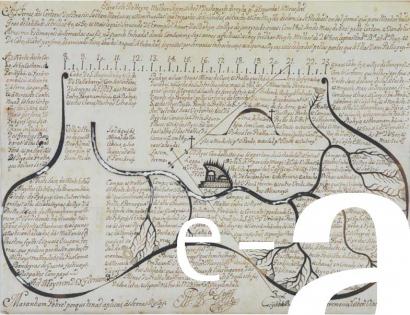Nação federal ou Nação bi-hemisférica?: O Reino Unido de Portugal, Brasil e Algarves e o "modelo" colonial português do século XIX
DOI:
https://doi.org/10.11606/issn.1808-8139.v0i9p68-83Palavras-chave:
representações políticas, federação^i1^sfederali, império, constituição, debates parlamentares, legislaçãoResumo
A representação política do território ultramarino nas Cortes metropolitanas transformou-se, nos debates constituintes vintistas, no mais importante símbolo da forma igualitária com que o novo regime político iria tratar as "antigas colónias". Os deputados "ultramarinos" estariam presentes nas Cortes, em Lisboa, para discutir os destinos de uma Nação pluri-continental. Neste artigo pretende-se mostrar, fundamentalmente, três coisas. Em primeiro lugar, que o conceito de Nação unitária pluricontinental era uma alternativa não somente ao antigo "sistema colonial" mas igualmente ao modelo federal, proposto, desde a segunda metade do século XVIII, por autores contrários à preservação dos Impérios. Em segundo lugar, que as tensões geradas por aquele conceito de Nação, que emergiram durante a discussão em torno da regulamentação da representação política, já tinham sido antecipadas pelo pensamento político da época, nomeadamente na obra de Jeremy Bentham. Finalmente, que o mesmo conceito serviu, durante o século XIX, como argumento para impedir a criação de assembleias legislativas coloniais em África e na Índia, contribuindo para a preservação formal de um modelo centralizador de relação com os territórios ultramarinos.Downloads
Os dados de download ainda não estão disponíveis.
Downloads
Publicado
2009-05-01
Edição
Seção
Artigos
Licença
Nas instruções disponíveis para os autores na página da revista registra-se que ao enviar o texto concorda-se em transferir os direitos de reprodução para a Almanack Braziliense. Fica sob responsabilidade dos autores os direitos das imagens enviadas juntamente com os textos. Não há qualquer política da revista no sentido de restringir a reprodução dos textos, seja pela impressão dos mesmos, por fotocópias ou outros meios. |



